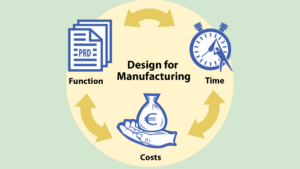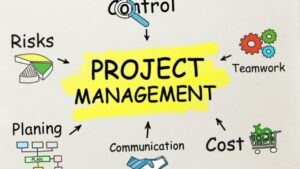In the dynamic world of product development, where efficiency and accuracy are paramount, manufacturing estimates emerge as a pivotal element. They serve as the foundation upon which successful production is built. In this blog, we’ll explore the significance of manufacturing estimates, shedding light on their essential role in the manufacturing industry.
Understanding Manufacturing Estimates:
Manufacturing estimates encompass a comprehensive evaluation of the resources, time, and costs required to bring a product from concept to reality. This process involves analyzing various factors, including material costs, labor expenses, production timelines, and quality assurance measures. It provides a clear roadmap for product development, ensuring that all aspects are meticulously planned and executed.
Streamlining Operations:
Manufacturing estimates serve as a strategic tool for streamlining operations. By calculating the precise resources needed, manufacturers can optimize their processes, minimize waste, and enhance overall efficiency. This streamlined approach minimizes unexpected delays and cost overruns, which are often the bane of product development.
Cost Optimization:
In the competitive landscape of manufacturing, cost optimization is a constant pursuit. Manufacturing estimates help identify areas where costs can be reduced without compromising product quality. By analyzing cost breakdowns, manufacturers can make informed decisions about material selection, process improvements, and resource allocation.
Accurate Pricing:
For businesses, accurate pricing is critical for profitability and competitiveness. Manufacturing estimates provide a foundation for setting prices that cover production costs while remaining competitive in the market. This precision in pricing ensures that manufacturers remain sustainable and financially sound.
Meeting Client Expectations:
Client expectations in product development are high, and rightfully so. Manufacturing estimates help manufacturers meet and exceed these expectations. By delivering products on time and within budget, businesses can build trust and foster long-lasting client relationships.
Risk Mitigation:
Every manufacturing project carries inherent risks, from unexpected material shortages to equipment breakdowns. Manufacturing estimates allow for proactive risk mitigation. By identifying potential challenges in advance, manufacturers can implement contingency plans to minimize disruptions.
Resource Allocation:
Efficient resource allocation is crucial for meeting production demands. Manufacturing estimates help allocate resources effectively, ensuring that materials, equipment, and skilled labor are available when needed. This minimizes bottlenecks and keeps production on track.
Quality Assurance:
Product quality is non-negotiable. Manufacturing estimates account for quality assurance measures, including inspections and testing, to ensure that the final product meets or exceeds industry standards. This commitment to quality is a hallmark of successful manufacturing.
Conclusion:
In the intricate web of product development, manufacturing estimates stand as a guiding light. They provide the roadmap, the cost control, and the risk management necessary to transform ideas into tangible, high-quality products. In an industry where precision and efficiency reign supreme, manufacturing estimates are the compass that keeps manufacturers on course, ensuring success in every project they undertake.






